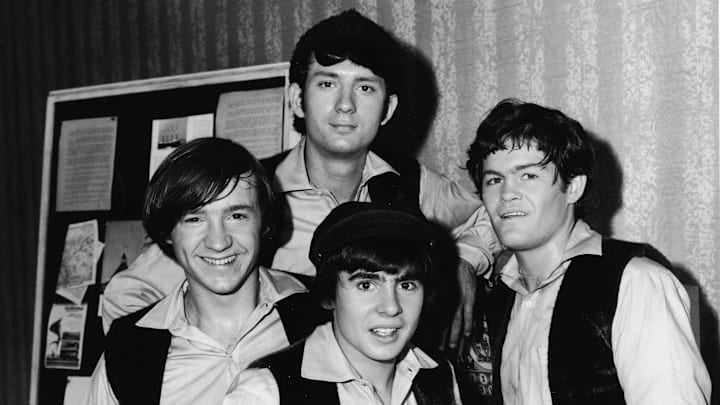MUSICAL EXCELLENCE
When it was originally established in 2000, this award was designed to honor session players – the musicians who supported the stars. It was called “Sidemen.” In 2010, it was rechristened with its current name, and better-known names like Leon Russell and Ringo Starr – who had fronted outfits for years - began to show up. A few years ago, the Hall gave LL Cool J the Musical Excellence honor, thus completely rewriting its meaning.
Now, it seems to be something of a catchall for anyone who can’t seem to garner enough support to make it in as a Performer but still has a strong resume. This is how Chaka Khan and Judas Priest have made it into the Hall. I am suggesting two performers who genuinely suit the title of “musical excellence.” Neither is ever likely to make it in as a Performer, but both are both influential and innovative to such a degree that they deserve recognition.
Captain Beefheart
Have you ever read Ulysses? The James Joyce novel is often ranked as one of the greatest works of literature in the English language, but few readers dare brave its complexity. I have read a lot of critics trying to explain what makes it important, and have never found one who can do it.
The bottom line is you just have to read it for yourself. Let the language and rhythms wash over you and see if you respond. Maybe you don’t – which is just fine. The same applies to Don Van Vliet, who had to teach his own talented sidemen how to play the unique time signatures he created for many of his songs. So I won’t attempt to explain it. I’ll just suggest you listen to Trout Mask Replica.
Gram Parsons
The guy who invented country rock isn’t in the Rock and Roll Hall of Fame? Sure, that’s a gross oversimplification, but Parsons, in his 26 years on the planet, had an outsized impact on several branches of music. He was in three notable bands – The International Submarine Band, The Flying Burrito Brothers, and The Byrds. He also recorded two fine solo albums before his death. His interest in blending folk and country with more traditional rock and blues music laid the groundwork for much of what has come to be known as Americana today.
